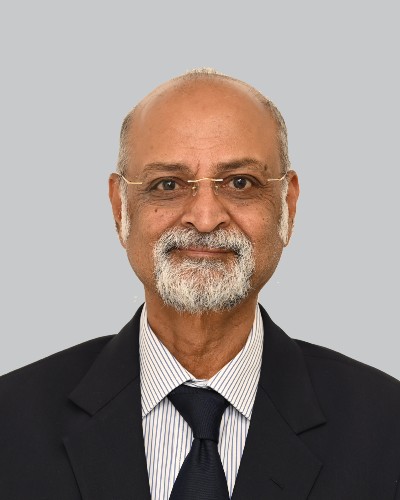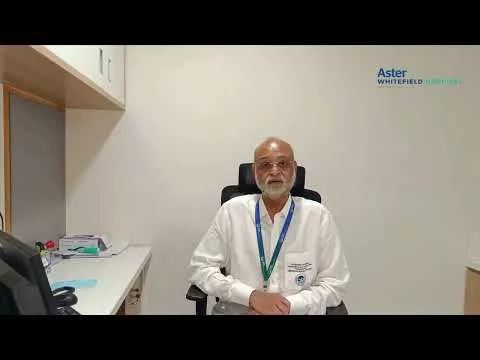Dr. Sundar Sankaran, Program Director - Aster Institute of Renal Transplantation, discusses about Kidney Transplant. kidney transplant is a life-saving procedure for patients with permanent kidney failure, also known as end-stage kidney disease. When kidneys fail to the point that they can’t sustain life, Renal Replacement Therapy (RRT) is needed. There are two forms of RRT: Dialysis and Kidney transplantation. Dialysis is a temporary solution that filters waste products from the blood, whereas a kidney transplant is a permanent cure.
Process of kidney transplant
The kidney for a transplant can come from either a live or a deceased donor. A live donor can be a spouse, parent, grandparent, sibling, child, or even a friend. A deceased donor is someone who is brain dead but their heart is still beating.
After the surgery, the patient will need to be on medication for the rest of their life and attend regular follow-up appointments. Dr. Sundar compares a kidney transplant to a marriage, saying that it can be a burden for some, a benefit for many, and a risk for all. However, with a positive attitude and good follow-up care, transplant patients can lead normal lives. The team of experts in the Nephrology Department of Aster Whitefield Hospital can perform complicated transplants, including ABO incompatible transplants and swap donations.







